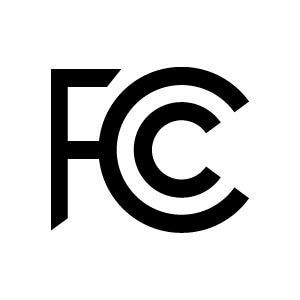State Associations Ask FCC to Reconsider Regulatory Fees and Late Payment Penalties


The average increase for radio stations in 2021 would be eight percent, but some fees would climb by as much as 15%. The FCC said it would extend the temporary measures it adopted last year to help businesses suffering financial hardships because of the pandemic. Those include allowing some payment deferrals at a discounted interest rate, and in some extreme cases, fee waivers. The associations are urging the FCC to add even more flexibility when considering hardship waivers. The FCC has typically required a broadcaster to demonstrate that they cannot both pay the regulatory fee and maintain service to the public to obtain a waiver. But the associations say that is too steep.
The Colorado, Florida and Puerto Rico trade groups also question whether the FCC process for evaluating financial hardship claims has kept up with the times, particularly the “abrupt economic crisis” caused by the coronavirus pandemic. Their joint filing points out that stations must submit financial documentation for the past three years to secure a waiver. But they think that “downplays the significance” of “substantial losses” that some broadcasters have faced during the past year and a half. “Even a small profit two or three years ago does not insulate broadcasters from the current financial peril,” they said.
The associations are also urging the FCC to embrace a “flexible and reasonable” payment plan option for stations that want to pay – but may not have the ability to fork over thousands of dollars to the FCC in one fell swoop. They propose broadcasters be given as much as six to 12 months to meet their obligation.
The associations also feel the FCC should waive the “usurious” 25% penalty for late payments, calling the automatic penalty a “burdensome and draconian” regulation. “While it certainly gives a strong incentive for timely payment, that incentive does nothing for broadcast licensees that simply do not have the money to pay,” they argue. In fact, the associations say it may make things worse for a struggling operator by pushing them deeper and deeper into debt.
When similar arguments were presented to the FCC a year ago, it said it was unable to waive the late payment penalty for broadcasters because doing so would effectively exempt the industry and federal law requires it do so on a case-by-case basis.
The 50 state broadcast associations said the broadcast industry “has been unfairly subsidizing its competitors through regulatory fees for almost 30 years.” The NAB estimates that broadcasters use 0.07% of allotted spectrum but account for at least 16% of the FCC’s entire budget while offering a free service to the public.
Based on current estimates, the FCC believes it will collect $20.1 million from FM station annual regulatory fees in 2021, plus another $9.6 million from AM owners as it aims to raise $374 million to operate the agency in the fiscal year that begins October 1.
